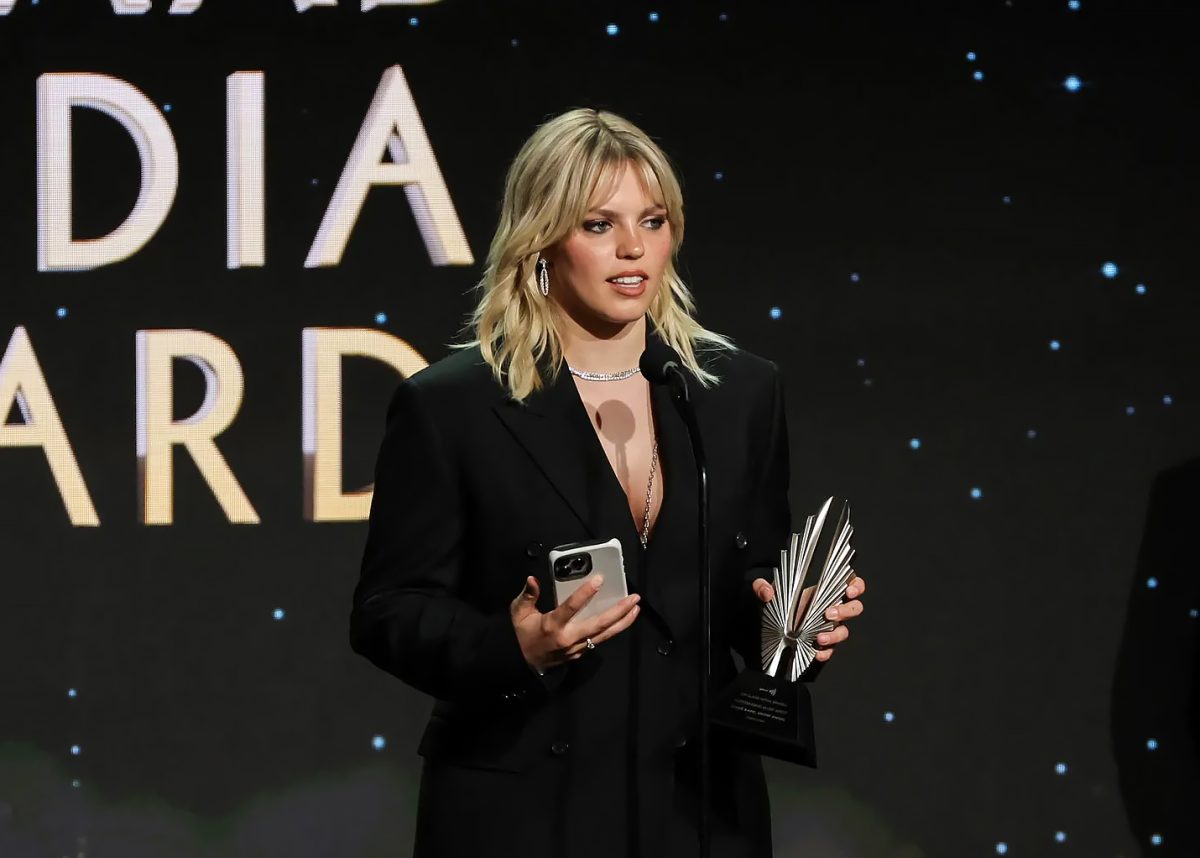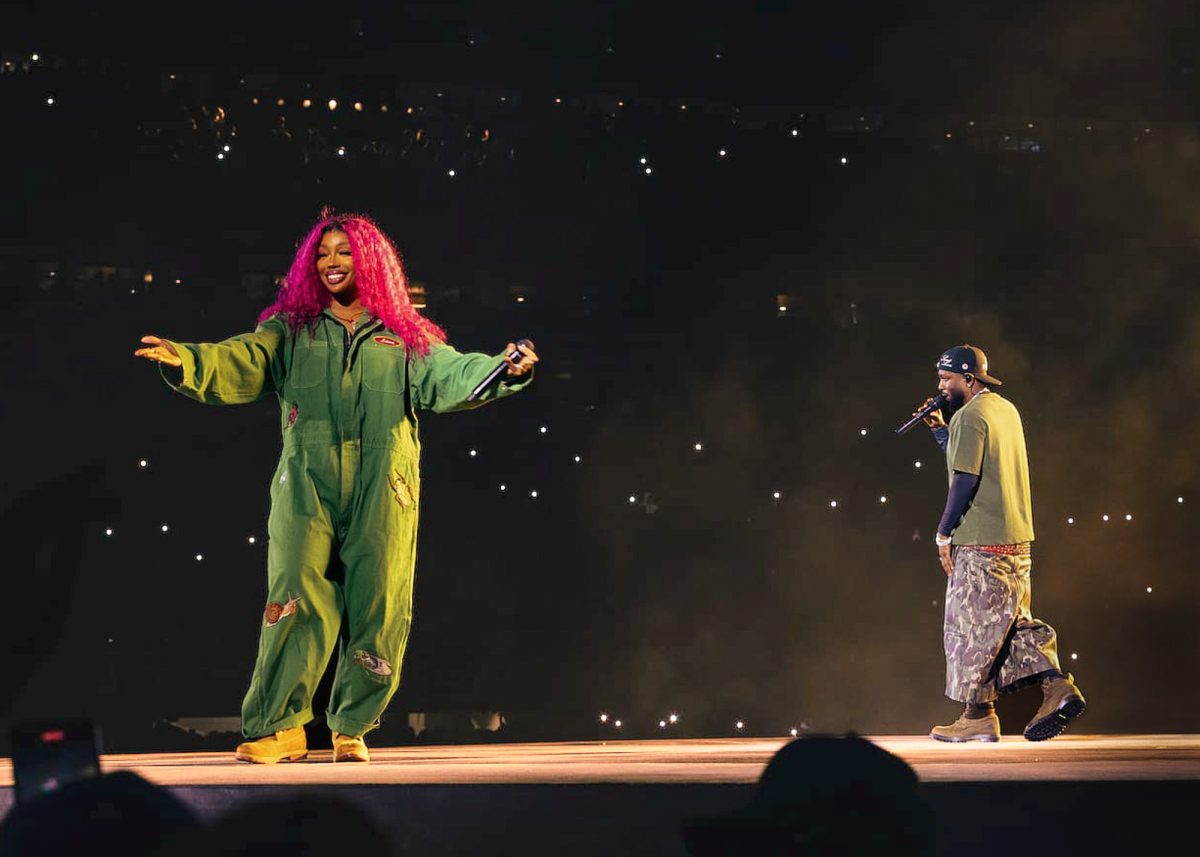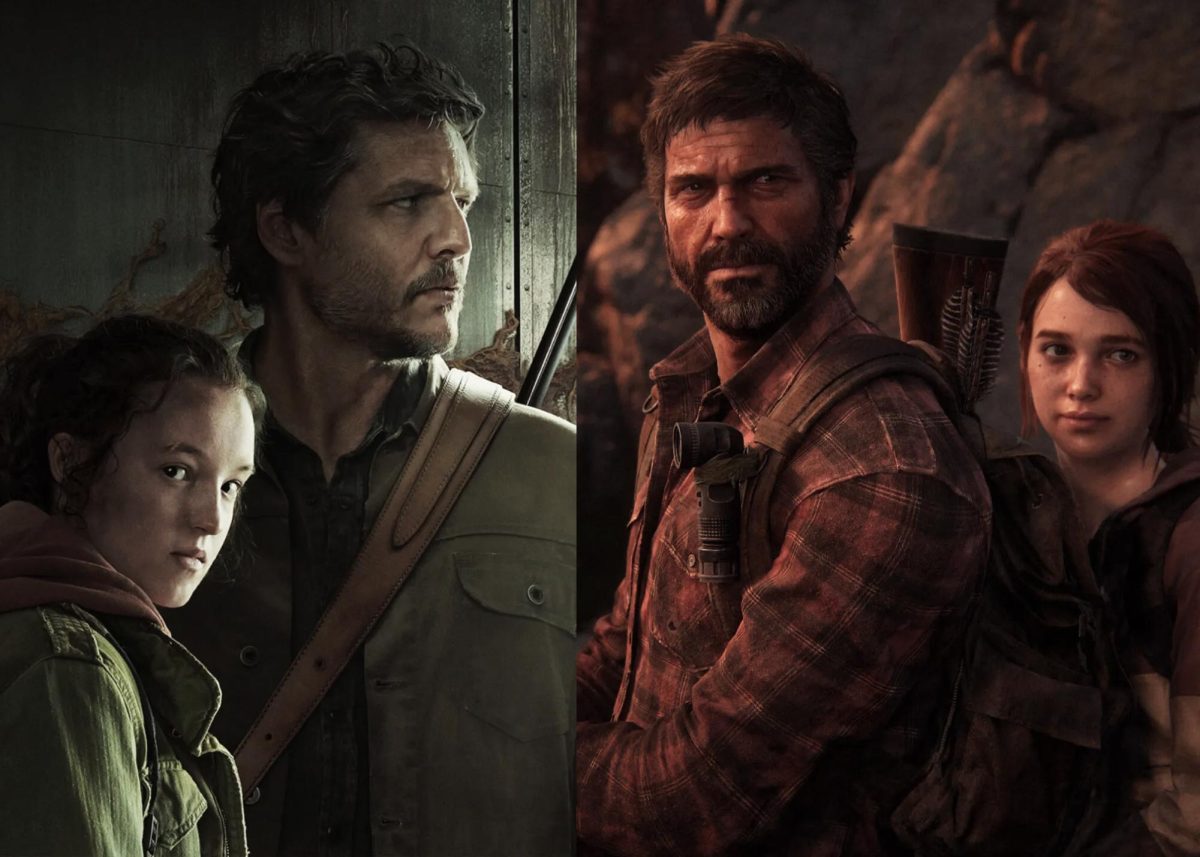Every fall and spring, artists are honored for their contributions at various events and award shows. The GLAAD Awards ceremony is one of many that feature acclaimed artists, actors and producers. Annually, the awards spotlight a variety of media productions for their contribution to an inclusive and accurate representation of the LGBTQ+ community.
The 2023 nominations were announced on January 17, with the official 35th Annual Gay & Lesbian Alliance Against Defamation (GLAAD) Media Awards ceremony taking place on March 14. Actress and beloved Broadway star Reneé Rapp was a highlight of the ceremony, having recently gained traction as an emerging singer-songwriter following the release of her debut album Snow Angel.
During her acceptance speech, Rapp took the opportunity to “show support and call for an immediate cease-fire and permanent ceasefire in Gaza” (Vanity Fair). This statement comes in wake of the ongoing conflict in Gaza, which many artists have hesitated to take a stance on despite global conversations erupting on social media.
Many have called into question the obligation Rapp and similar artists have in voicing their political views. As a fan of Rapp, Boston Latin School English teacher Ms. Sophia Campot believes that it is necessary for those who “[…] have a platform […] to amplify the voices of those who are needing to be heard.”
Rapp’s call to action was met with firm applause from the audience. Yet, artists who express similar political views have received hostile reactions from the internet. Some argue that artists like Rapp attempt to push an agenda, but many might not have the same concern regarding those with a larger following in the entertainment industry.
Often, social pressure can be a barrier in communicating one’s political opinions. Ms. Campot brings up an interesting point by questioning whether “the audience would’ve reacted the same way if it were a different awards ceremony.”
In his recent Oscars acceptance speech, The Zone of Interest director Jonathan Glazer openly denounced Israel’s military bombardment of Gaza but faced intense backlash from Hollywood executives and producers. The mention elicited quieter applause from an audience who wanted to avoid taking a stance on such a polarizing issue.
Evan Casali (I) speculates, the GLAAD Awards “is very different from […] a mainstream media event like the Oscars where you would expect there to be more censorship.” It comes as no surprise that award ceremonies like the Oscars and Grammys glorify certain narratives in the media, skewing public attention away from important world issues.
Typically, celebrities with broader influence are hesitant to express their views in an attempt to placate a diverse fanbase, often coming at the cost of their moral integrity. Others who do, no matter how controversial, receive more grace or pardon because of their influence in the industry. In comparison to their more established counterparts, smaller artists face more potential criticism for both their silence and activism, a disadvantage of their limited network and influence.
Yet, this begs the question: how important should an artist’s political views be in the perception of their music?
What commonly draws fans to an artist is not only the style and expression of their work, but their personal values as well. It’s a lot easier to feel connected to music produced by someone who is “on the same wavelength morally,” expresses Casali, “[but I’m not] somebody who would not listen to an artist because they don’t specifically align with [his] views.”
But how does one determine that line between artist and art, and objectively, for that matter? This becomes a more complex question, especially when considering supporting an artist who openly voices sentiments opposite to one’s own.
Ms. Campot emphasizes the formalist method when analyzing media, stating that “all artists need to be completely divorced from their work” and “that […] whenever you consume art you should consume it independent of the person.”
In certain mediums, it is easier to separate the art from the artist than in others. Casali explains , “with [music] artists, I feel like I can relate to their music without relating to them and their views.” Music is made to be consumed in a way that’s applicable to the listener’s interpretation, whereas an author’s biases are much more difficult to overlook when ingrained in a piece of literature.
Although it may present a moral dilemma, separating the art from the artist is an important part of consumer responsibility. Choosing which artists to support is a personal choice, and at the end of the day, media is made to be consumed, meaning it is up to users to decide how and where they find that balance.








